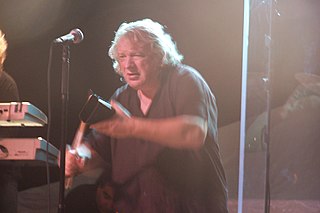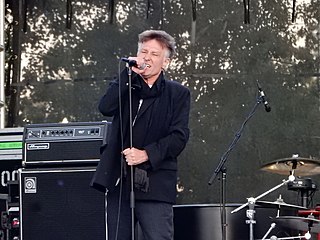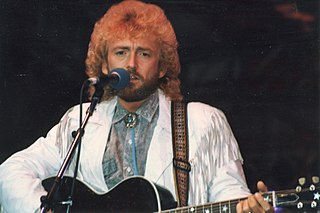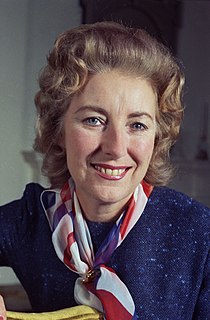A Quote by Nuno Bettencourt
We had a nightmare on our first album, and went through two producers. I decided, on the second album, to take the money that we were supposed to use for pre-production, and we went into a studio and cut the album with no producer. We finished the whole thing without telling the record company.
Related Quotes
I think record cover sleeves really led towards, but at the same time the album as we know it didn't come into being until mainly after the Second World War because record labels realized they'd be able to make a lot more money putting all the singles of an artist onto one album and selling the whole album as a kind of a concept.
Well, Led Zeppelin IV! That's it really. I'll tell you why the album had no title - because we were so fed up with the reactions to the third album, that people couldn't understand why that record wasn't a direct continuation of the second album. And then people said we were a hype and all, which was the furthest thing from what we were. So we just said, `let's put out an album with no title at all!' That way, either people like it or they don't... but we still got bad reviews!
When I finally stopped [singing], he had been saying, like, the last day or so, he'd been saying, now, I think we should put this one in the album. So without him saying I want to record you and release an album, he kept - he started saying, let's put this one in the album. So the album, this big question, you know, began to take form, take shape. And Rick [Rubin] and I would weed out the songs.
That was an idea of the record company, and also that was my first album after MCA and we wanted to come back with a strong album that would be noticed. If we put the vocals by very talented people and very meaningful songs, then the vocals would be a platform so that I could be noticed again. All of the MCA albums were just loaded with problems -- you know, the right musicians, the engineers. The record company would say 'You have to make music for black radio, you can't do what you have been doing with The Crusaders.' Everybody was telling me that was over, finished, done.



































